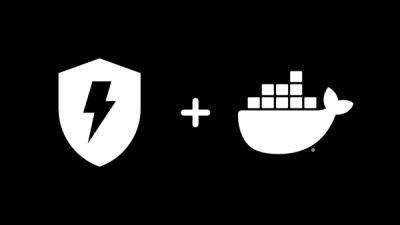Constructs
Software-defined persistent state





What are constructs?
Constructs are classes which define a "piece of system state". Constructs can be composed together to form higher-level building blocks which represent more complex state.
Constructs are often used to represent the desired state of cloud applications. For example, in the AWS CDK, which is used to define the desired state for AWS infrastructure using CloudFormation, the lowest-level construct represents a resource definition in a CloudFormation template. These resources are composed to represent higher-level logical units of a cloud application, etc.
Support policy
All maintained Node.js versions are supported by this package.
Contributing
This project has adopted the Amazon Open Source Code of
Conduct.
We welcome community contributions and pull requests. See our contribution
guide for more information on how to report issues, set up a
development environment and submit code.
License
This project is distributed under the Apache License, Version 2.0.



